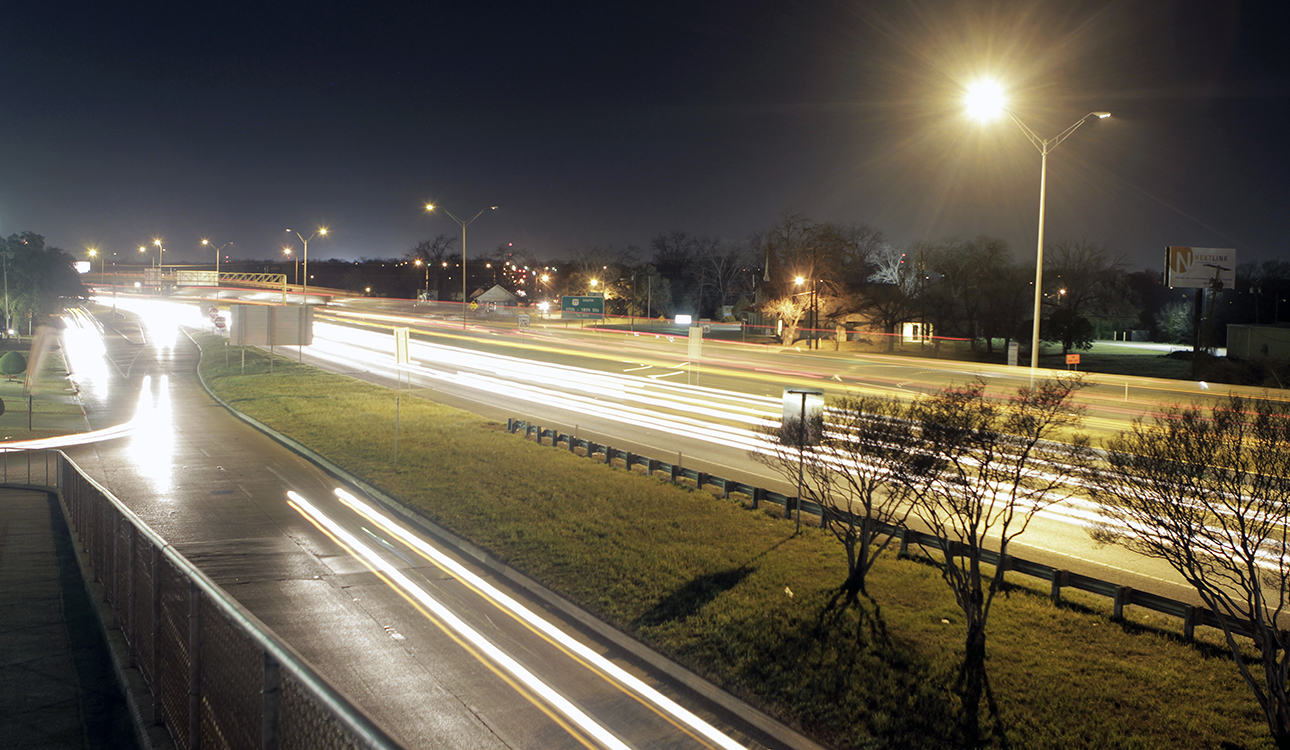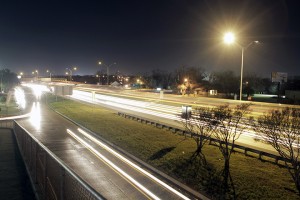By Anja Rosales
Reporter
Anger, anxiety, depression, sleepiness and being under the influence. Some people may experience these feelings and emotions more than others and some may only experience one of these emotions. No matter how often a person experiences this, we have all been in one of these states of being before, even when behind the wheel. These states also cause road rage.
Dr. Michael B. Frisch, a psychology professor, said two-thirds of drivers experience road rage and only 2 percent or less get into an actual altercation.
“Don’t use your car as a classroom or soapbox,” Frisch said. “You are not there to teach people how to drive. If you confront an angry, impulsive psychopath, they can’t control themselves in trying to hurt you.”
According to the American Automobile Association, aggressive driving is a major concern and a real threat to the safety of the American public. The association offers tips on how to avoid being a victim of a driver with road rage. These tips include not cutting drivers off, not driving slow in the left lane, not tailgating and not making obscene gestures. Basically, be smart and courteous behind the wheel.
Frisch said people experience anger behind the wheel from the belief that they are being treated unfairly.
“The sense of fairness gets in the way of what we are trying to achieve while behind the wheel,” he said.
Some spots on campus tend to be more infuriating to drivers than other places. The variety of modes of transportation can also lead to frustration.
Avon junior John Byers said he has noticed problems among scooters and cars on campus.
Byers said it is a problem when motorized scooters pick and choose when they want to follow traffic laws. He said when there is a lot of traffic at an intersection, motorized scooters will drive in the bike lane to pass the long lines of cars at stop signs.
“I have seen cars angrily block scooters from passing them in the bike lane,” Byers said. “It is especially prominent down Second Street.”
Sherman sophomore Jordan Motley said slow drivers really push her buttons.
“I get so mad when I move over and try to pass them and they speed up, not allowing me to get in front of them,” Motley said. “Its just so frustrating.”
Part of the problem with her road rage comes from being in a hurry. She said she thinks when people are in a rush; they become more prone to getting angry at the littlest things that may make them late.
“I know part of the problem is on me,” Motley said. “I have to do a better job at not waiting until the last minute to go somewhere so I’m not in a hurry.”
Frisch said leaving on time is very important so there is no rushing or reckless driving while trying to get from point A to point B.
“Ask yourself what’s the worst that could happen if I’m late to something?” Frisch said. “Then think if it’s worth risking not only your life, but others’ lives as well, just because you didn’t want to be late.”
Red Oak senior Sergio Munoz said he is usually the one with the road rage, not causing it. He said he gets mad at slow drivers, causing him to succumb to road rage.
“I can’t stand when people take too long at stop signs or when people take really slow turns,” Munoz said.
Frisch said an important way to reduce road rage is to make a lifestyle change to foster positive thoughts and optimism everyday. He said he suggests people try and listen to more calming music while driving, or even educational books.
“Live a life of inner abundance and care for yourself in a very thoughtful way,” Frisch said. “This will decrease anger, the chances of road rage and give your life great health benefits.”







